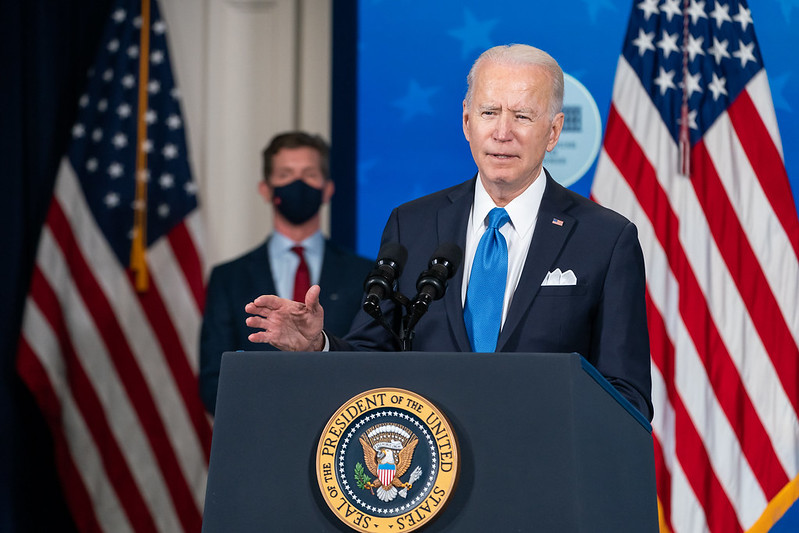
A group of U.S. lawmakers recently announced bipartisan legislation to ban the Chinese video app TikTok. The bill's announcement came amid fears of the app collecting American users' data and sending them to the Chinese government in Beijing.
If it passes, the bill would block all transactions from any social media company based in or under the influence of China and Russia. A companion bill in the House of Representatives has been sponsored by Rep. Mike Gallagher (R-WI) and Rep. Raja Krishnamoorthi (D-IL).
"It is troubling that rather than encouraging the administration to conclude its national security review of TikTok, some members of Congress have decided to push for a politically-motivated ban that will do nothing to advance the national security of the U.S.," a TikTok spokesperson said in a statement.
The spokesperson added that the company would continue to brief members of Congress on the plans that are "well underway [to] further secure [TikTok] in the United States."
During a Congressional hearing last month, Federal Bureau of Investigation (FBI) Director Christopher Wray said TikTok's U.S. operations raise national security concerns. He warned that the Chinese government could use the app to influence users or control their devices.
"I would say that we do have national security concerns, at least from the FBI's [perspective], about TikTok," Wray told members of the House Homeland Security Committee.
"They include the possibility that the Chinese government could use it to control data collection on millions of users or control the recommendation algorithm, which could be used for influence operations if they so chose, or to control software on millions of devices which give it opportunity to potentially technically compromise personal devices." (Related: Experts warns TikTok is spyware for the Chinese regime.)
He concluded: "As to what is actually happening, actually being done, that's probably something that would be better addressed in a closed, classified setting. It is certainly something that is on our radar."
States ban TikTok from government-owned devices
While the federal legislation introduced by Sen. Marco Rubio (R-FL) may take some time before it becomes law, some states have gone ahead and banned the app from devices owned by their respective state governments.
South Dakota led the way, with Gov. Kristi Noem signing an executive order prohibiting state employees and contractors from accessing the app via state-owned devices. She said in a statement that "South Dakota will have no part in the intelligence gathering operations of nations who hate us."
Alabama Gov. Kay Ivey also announced her state's prohibition of TikTok. Her directive also ordered agencies under the executive branch to take all necessary steps to prevent TikTok from accessing sensitive state data.
"Disturbingly, TikTok harvests vast amounts of data, much of which has no legitimate connection to the app’s supposed purpose of video sharing," said the governor of the Yellowhammer State. "Use of TikTok involving state IT infrastructure thus creates an unacceptable vulnerability to Chinese infiltration operations."
Utah Gov. Spencer Cox has announced a similar ban on the Chinese video app. According to his order – which applies to all executive branch agencies in Utah – state employees may not download or use the TikTok app, or visit any TikTok website, on any state-owned devices.
"China's access to data collected by TikTok presents a threat to our cybersecurity," Cox said in a statement. His press release also noted how Chinese national security laws allow Beijing to obtain data from U.S. users through companies based in China.
"As a result, we've deleted our TikTok account and ordered the same on all state-owned devices. We must protect Utahns and make sure that the people of Utah can trust the state's security systems."
TechGiants.news has more stories about the push to ban TikTok.
Watch this video that talks about FBI Director Christopher Wray's remarks about TikTok being a national security threat.
This video is from the Chinese taking down EVIL CCP channel on Brighteon.com.
More related stories:
Indiana sues Tiktok over consumer data access and sexual content.
Alabama, Utah ban TikTok on state-owned devices over security concerns.
Taiwan bans TikTok from government devices, mulls nationwide prohibition.
Sources include:
Please contact us for more information.


















